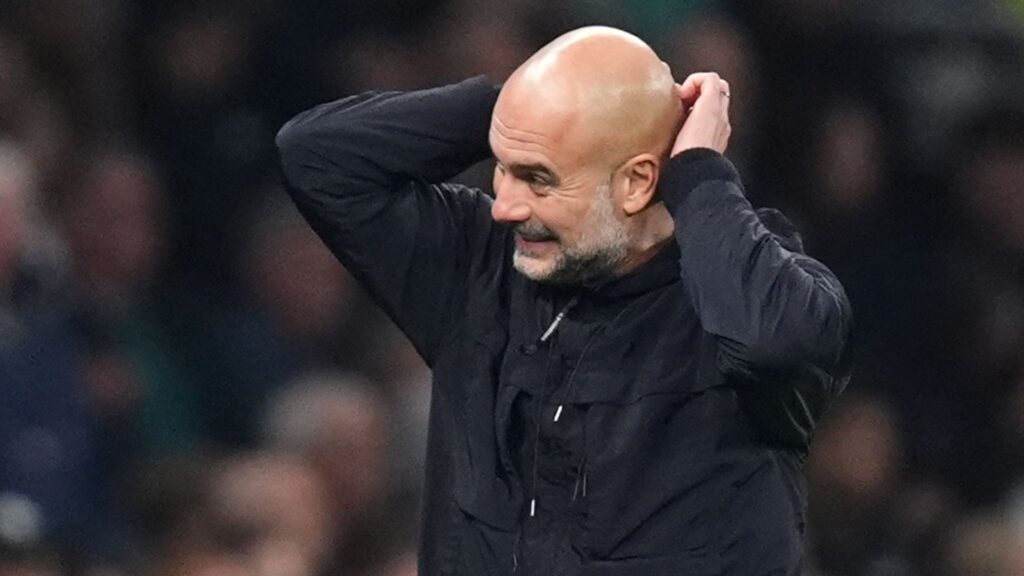Manchester City’s difficult start to the season continued as they slipped to a 2-1 defeat away to Brighton. Despite taking the lead through Erling Haaland and appearing in control for much of the first hour, City collapsed after a wave of substitutions by the hosts completely shifted the game’s momentum.
For the first time in over two decades, City have lost two of their opening three league fixtures, raising concerns about their rhythm and sharpness in the early stages of the campaign. The performance left many questioning whether the side is still adapting to new signings and tactical changes.
City began strongly, pressing with intensity and moving the ball with purpose. Haaland’s opener seemed to signal a comfortable evening, with the visitors dictating play and Brighton struggling to create clear chances. However, just past the hour mark, the match was transformed. Brighton introduced four substitutes at once, injecting fresh energy and belief into their side. Within minutes, the hosts drew level from the penalty spot, calmly dispatched by veteran midfielder James Milner.
The equaliser rattled City, who suddenly abandoned their controlled passing game and resorted to long balls that failed to stick. Their defensive shape grew increasingly vulnerable, particularly after Abdukodir Khusanov was forced off injured, leaving a gap in the back line. That weakness was ruthlessly punished in the 89th minute, when Brajan Gruda finished clinically to complete Brighton’s comeback.
Post-match reactions pointed to deeper issues than just tired legs. Several players acknowledged that lapses in concentration and basic errors were costing them dearly. While the squad is still integrating new arrivals, the lack of composure and game management raised eyebrows. One senior player admitted the team was guilty of “kids’ mistakes” and insisted they must quickly raise their level if they are to compete at the top.
The result highlighted the growing influence of Brighton’s manager, whose bold decisions and belief in his squad ignited the turnaround. He praised Milner’s mentality at 39, describing him as a spark that spread belief throughout the team and the stadium. The sense of collective energy inspired Brighton to push until the final whistle, and they were rewarded with a famous victory.
For City, the challenge is clear. They must rediscover their fluency, tighten their defensive organisation, and adapt more quickly to changes in matches. With key players sidelined through injury and new signings still adjusting, the champions face an early test of resilience and character.

